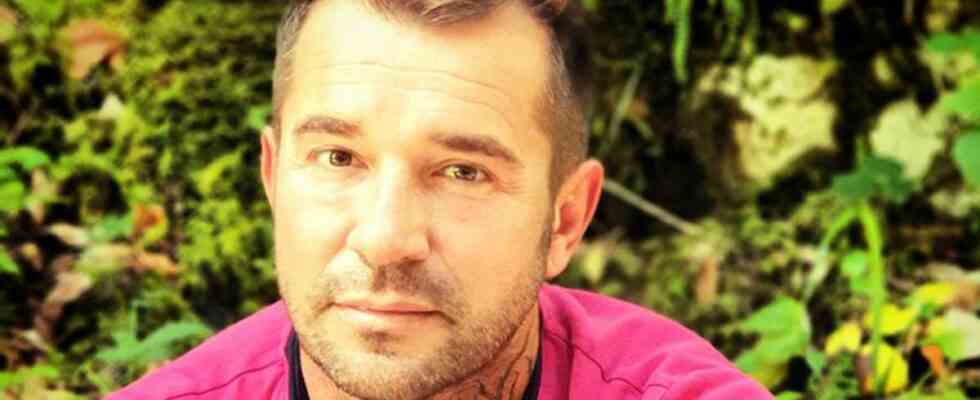Rainbow flags, a procession of tractors and carts punctuated by a brass band… Saturday afternoon, Chenevelles (Vienne), a town of 454 souls, will see its very first Pride March parade through its streets. The organizers named it Rural Pride and also talk about Country Pride. The day, largely festive, will be marked by the signing of an inclusion charter with the Association of Rural Mayors of France. It will be an opportunity to give visibility to LGBT people living far from cities and to their specific experiences. Mathieu and her husband Alexandre, emblematic couple of season 15 of Love is in the meadow, accepted “with great pleasure” to be the sponsors of this event organized by Stop homophobia. Mathieu says more to 20 minutes.
Why is it important for you to be the sponsor of Rural Pride?
When I arrived in the agricultural world, it was very complicated for me. I had to demonstrate twice as much as the others that I was capable. I frequently heard colleagues say: “He’s a fag…” And when I corrected them, they said to me: “Oh but you, it’s not the same Mathieu”, as if that attenuated or that it was less serious or acceptable. It’s complicated, in the countryside, machismo is very present. So I agreed to be the sponsor of the event to wake up this agricultural world that is so closed to our lives as homosexuals. The patriarchy remains. Homosexuality is with other people, it can’t happen with them.
This campaign Pride can change things?
We have to move the lines. There are many homos in agriculture, as much as elsewhere. Agriculture is a vocation. It’s not because you’re heterosexual that you’re a farmer, it’s because agriculture chooses you. I’m a bit special because I’m a neo-breeder, but more often than not, people choose this job out of passion.
Can LGBT farmers, who generally cannot easily ask for leave, be able to mobilize? Are you expecting a large crowd?
We don’t know, because it’s the first edition. The mayor of the village is also gay and the prefect, I don’t know if he is homosexual, but he is completely in favor of the event. There is an incredible commitment from public authorities. We did a reel on Instagram with Alexandre where we present the day and it has been seen more than a million times, whereas our videos usually have between 50,000 and 300,000 views. There is enthusiasm. Many people have written to me, including a large number of straight people living in the area, to tell me “We will come”. It will therefore be a pride not only homosexual. That’s kind of the goal too. I think we’ll have a lot of locals. I know there is a Facebook group of young gay farmers, many of whom will be moving. Expect an attendance of 500 to 1,000 people.
Since your participation in “Love is in the meadow” two years ago, do you have the impression that things are changing for gays in the countryside?
There really is a step forward. Many farmers contact me because they feel a bit lost. I had a long phone call with Alain, a gay farmer who will be in the next season of Love is in the meadow [lancée sur M6 le mois prochain]. At first, he didn’t dare to do the show. I said to him: “The people of your village know that you are gay, so you have to get started, that you give visibility, that being gay and a farmer is commonplace. “We should no longer say to ourselves, when we watch a program like Love is in the meadow, “Hey, she’s a lesbian. Hey, he’s gay. It’s just a normal situation: we are part of society. Admittedly, on the side, there is a growth in homophobia, but that’s how each time we advance in social progress, in acceptance, the gap with the extremists widens even more. We continue to receive death threats.
It’s true ?
Sure ! We had a very strong one at the beginning of the year, when we were finishing our stay in the West Indies. Interventions have been made in schools. An Instagram account with 120,000 followers threatened us in a story saying: “If you come to my son’s class, I will kill you. We filed a complaint, of course. Today, speech is uninhibited, people are no longer afraid to threaten. So we don’t let it pass. We are going to adopt a new strategy with SOS homophobia. Before, we put threats online to show that they existed. Now, when we see a threatening message, we will screen [faire une capture d’écran] and we’ll take legal action. You have to show others that if you cross the line, you are punished.

